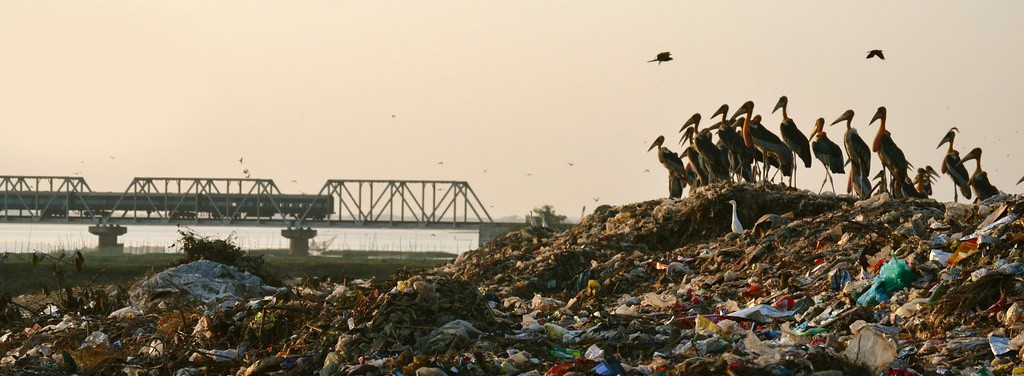
Change is an inherently disruptive process and the upcoming UN treaty on plastic pollution promises urgent, profound and global change on an unprecedented scale. History shows us that it is the poorest and most marginalised members of society who suffer most from such disruption, so what does this mean for the 20 million waste pickers who collect approximately 60% of the plastic recycled today, typically labouring in unsafe and unregulated conditions with poor healthcare and zero legal protection?
In March 2022, the UN Environment Assembly 5.2 adopted a mandate for an International Negotiating Committee (INC) to develop a legally binding treaty on plastic pollution by the end of 2024. The INC meet for the first time this week in Punta del Este, Uruguay. The task before them is huge and includes not just balancing the needs of nations, governments and multinational corporations but ensuring equity for even the least powerful members of society.
The notion of a “just transition” implies that it is not enough that the net result of a change be overwhelmingly positive if its costs include the livelihoods of those who lack the power or resources to adapt to a changing environment.

Protecting those who depend on the plastics economy during the coming transition is not just an ethical imperative, but also a pragmatic one (Schröder, 2020), for their vulnerability is only part of the story. These workers are also the powerhouse behind the informal recycling, renewing and repurposing services that provide income, build cooperative business infrastructure and support local economies across the global south (Yousafzai, Nawaz et al., 2020).
As key stakeholders in the waste management systems of numerous countries, their skills, knowledge and experience will be essential if a circular plastics economy is to be successfully implemented and made sustainable in the longer term.
Until recently these workers have had scant access to the national, regional and international policy makers responsible for devising and implementing the global plastics treaty. However there may now be some grounds for optimism. In July the Global Alliance of Waste Pickers made a submission to the INC secretariat pleading their case and as a result the need to protect, engage with and learn from informal waste pickers now appears among the list of challenges to be tackled in this week’s INC meeting. This recognition only appears in an addendum document to the main agenda, but nonetheless it is there, and its inclusion is unprecedented.
The way forward, then, lays in finding ways to better understand those in the informal economy not merely as victims or symptoms of the current crisis, but as partners in solving it. This recognition and enhanced visibility might enable them to act as exemplars of a new culture of reuse, repurposing and recycling not only to developing countries but also to the developed world, where manufactured goods are still routinely discarded, potentially ending up in the waste sites of the global south.

References
McCauley, D., & Heffron, R. (2018). Just transition: Integrating climate, energy and environmental justice. Energy Policy, 119, 1-7.
Schröder, P. (2020). Promoting a just transition to an inclusive circular economy. Royal Institute of International Affairs.
Yousafzai, M. T., Nawaz, M., Xin, C., Tsai, S. B., & Lee, C. H. (2020). Sustainability of waste picker sustainopreneurs in Pakistan’s informal solid waste management system for cleaner production. Journal of Cleaner Production, 267, 121913.

In developing countries most of the plastic waste is collected by waste-pickers and their voices need to be heard.